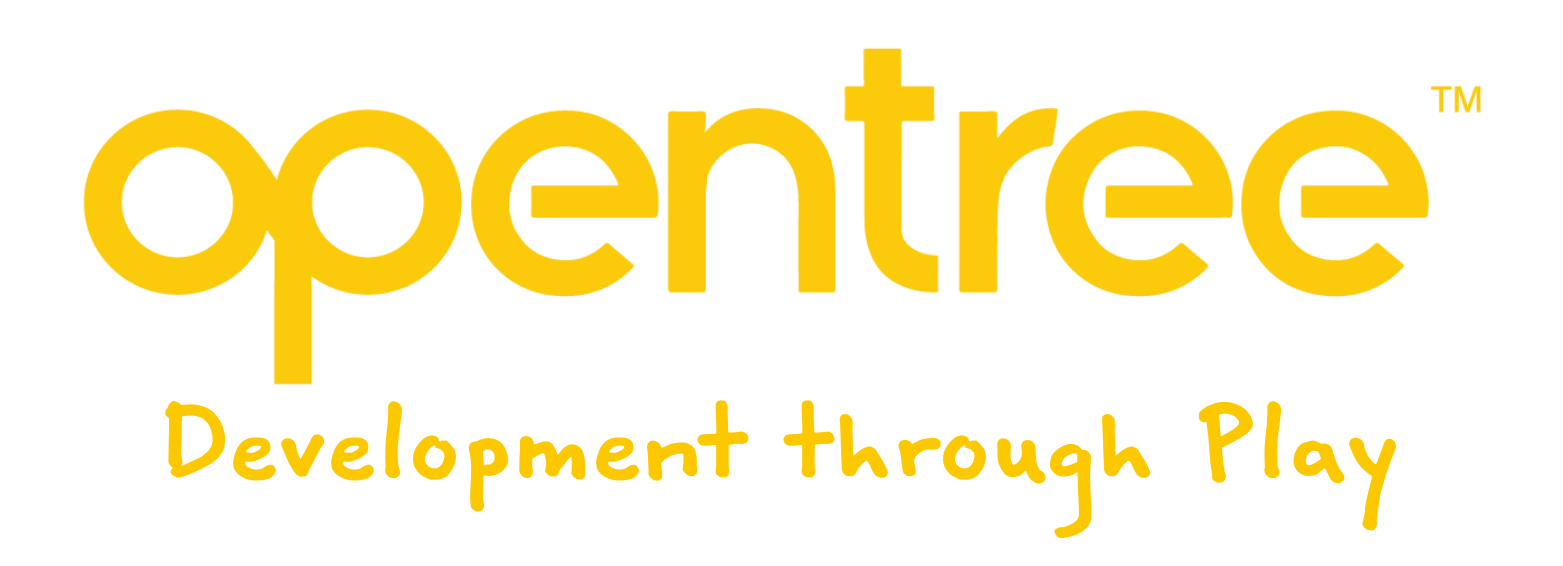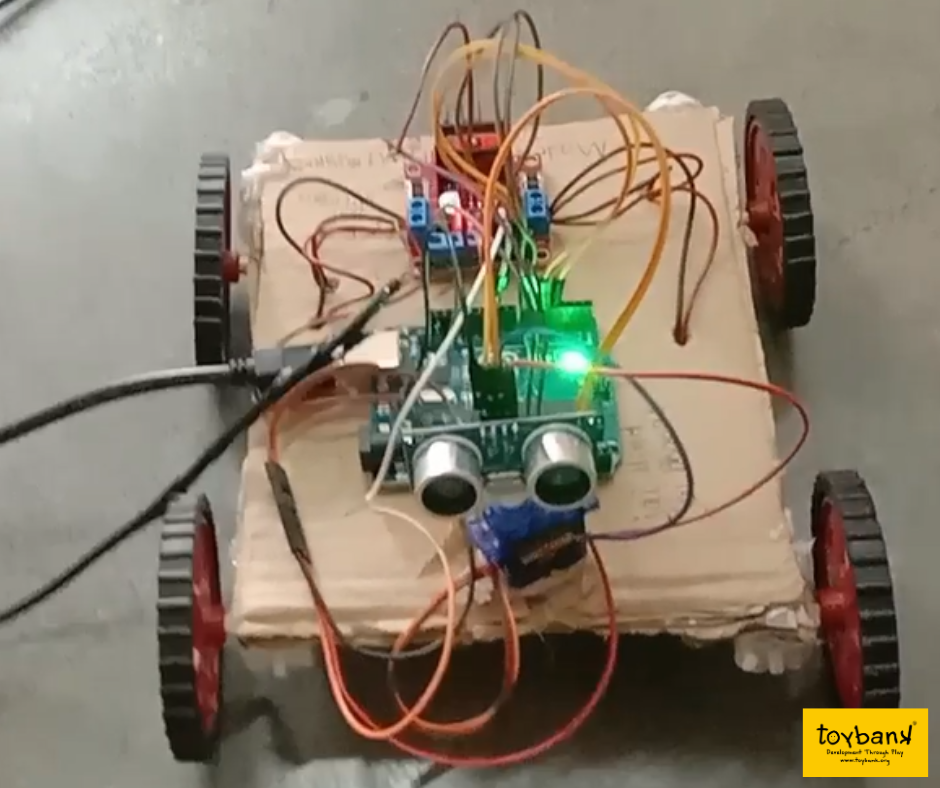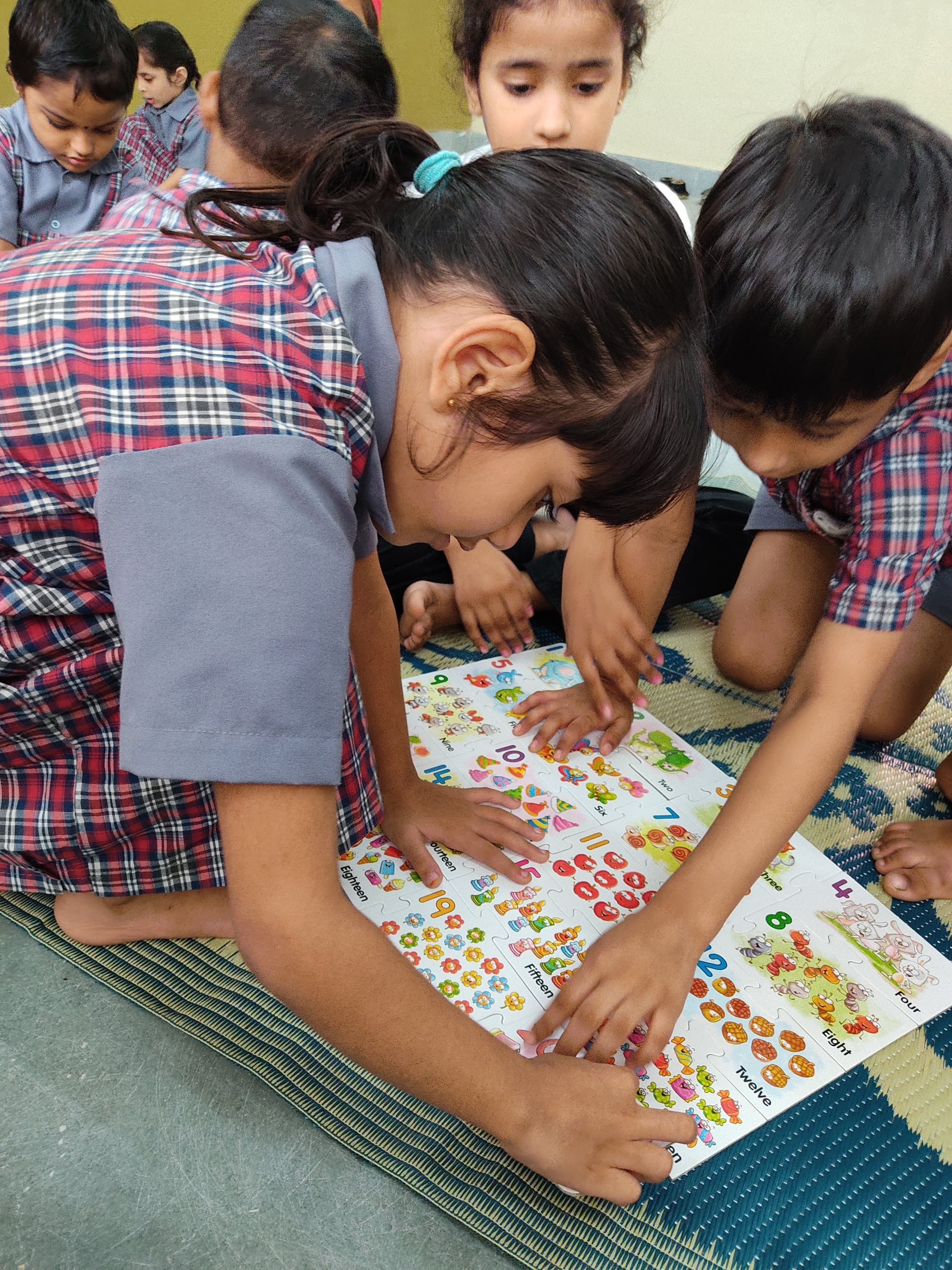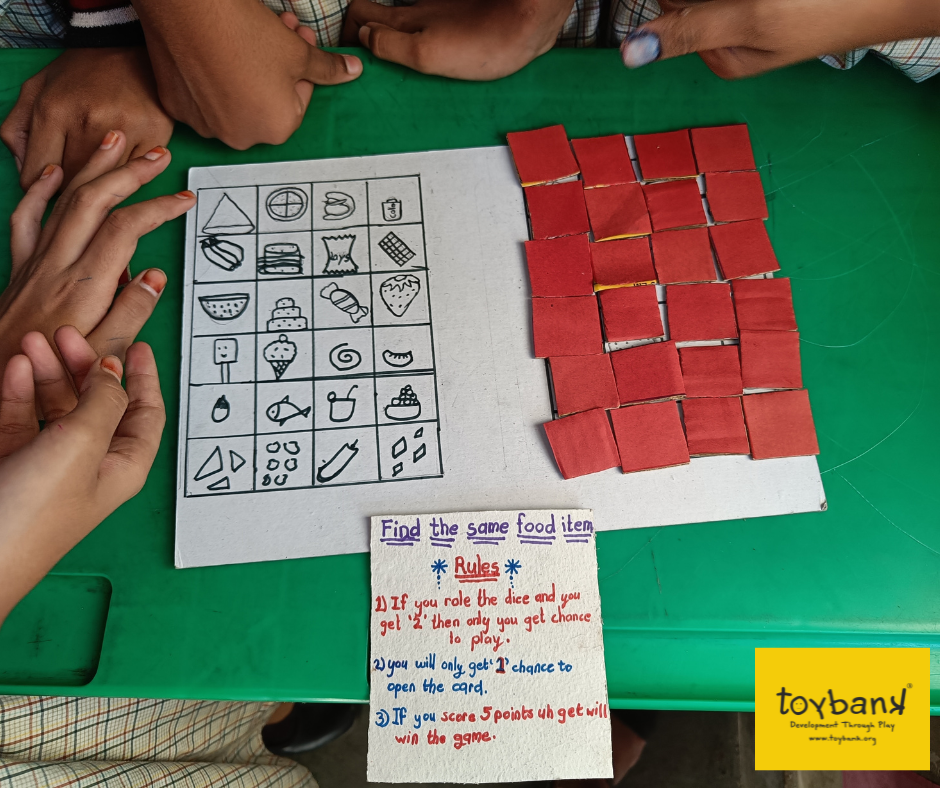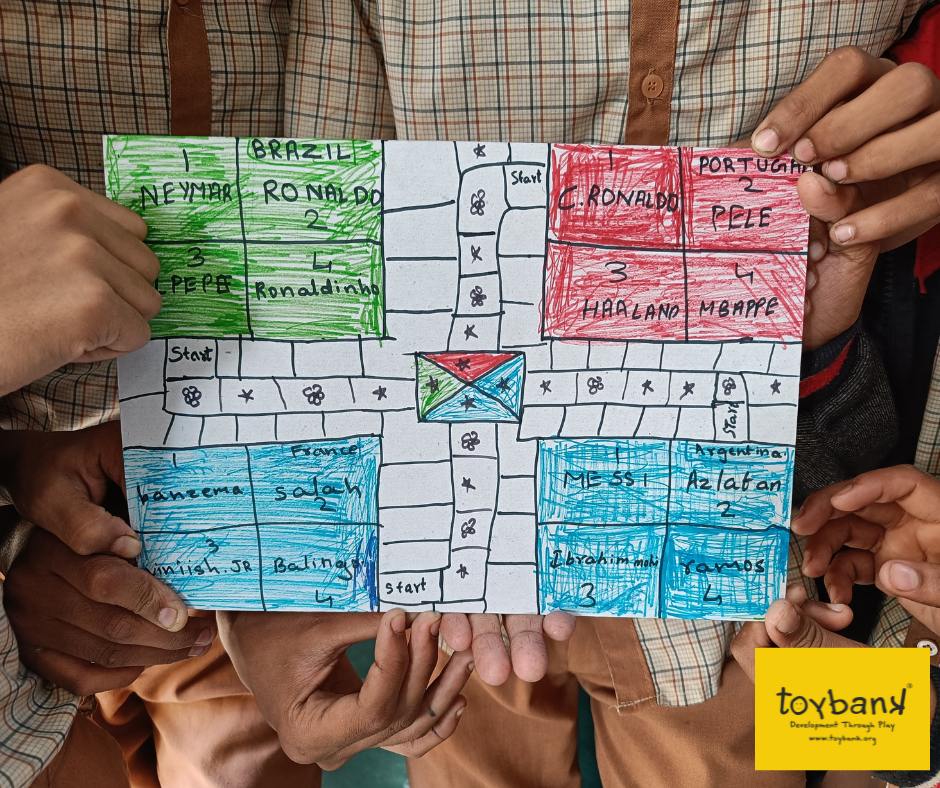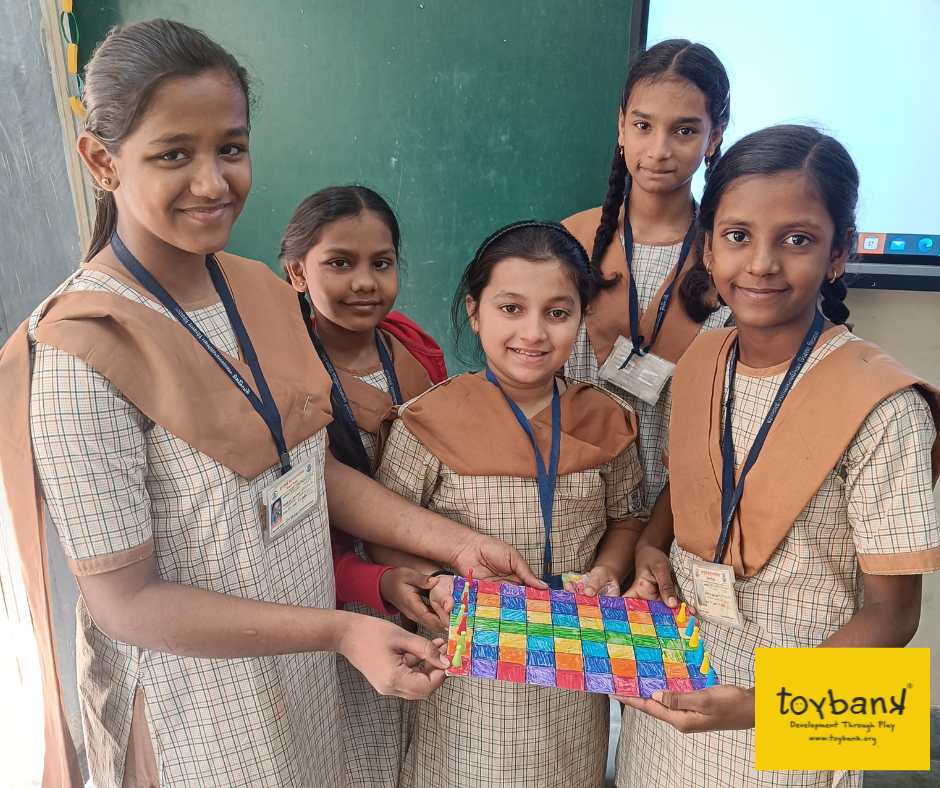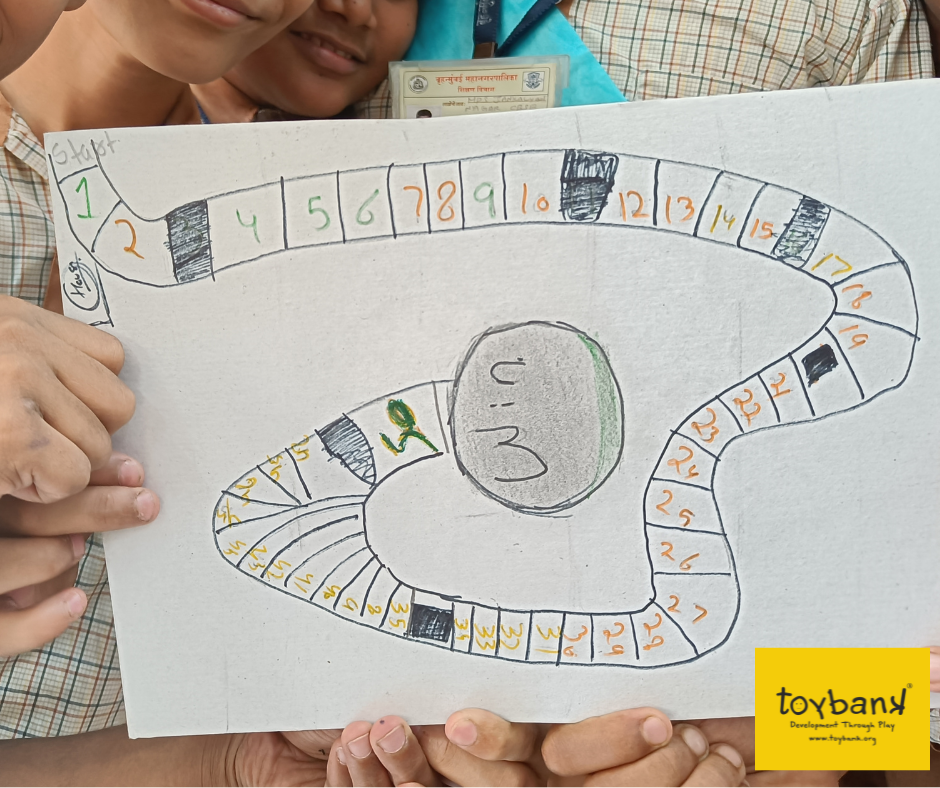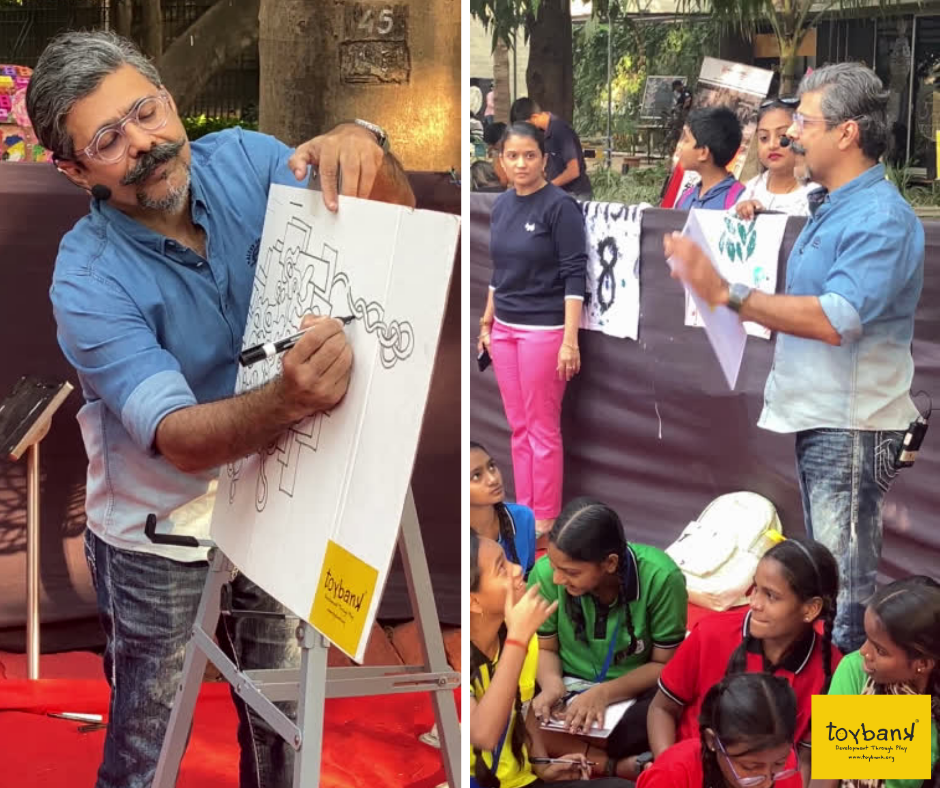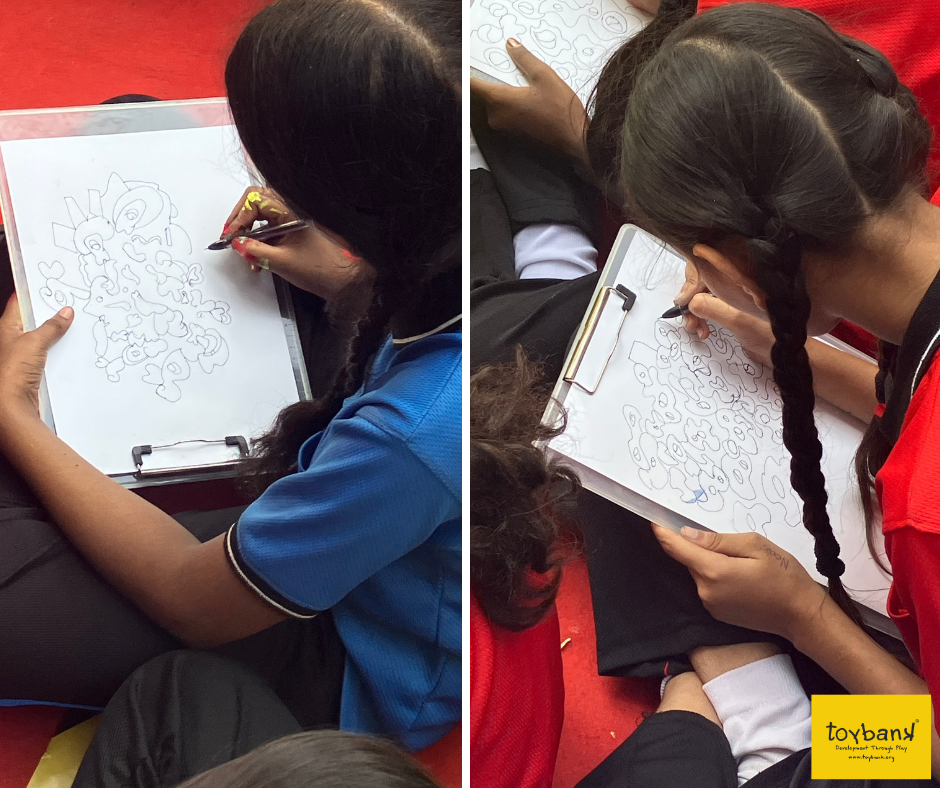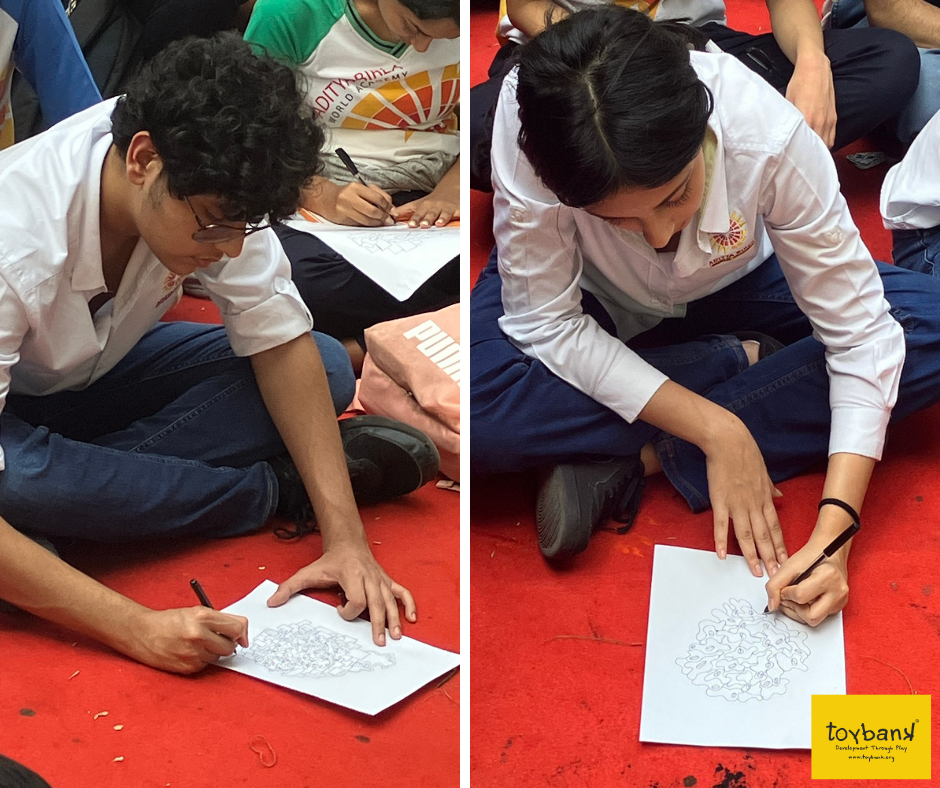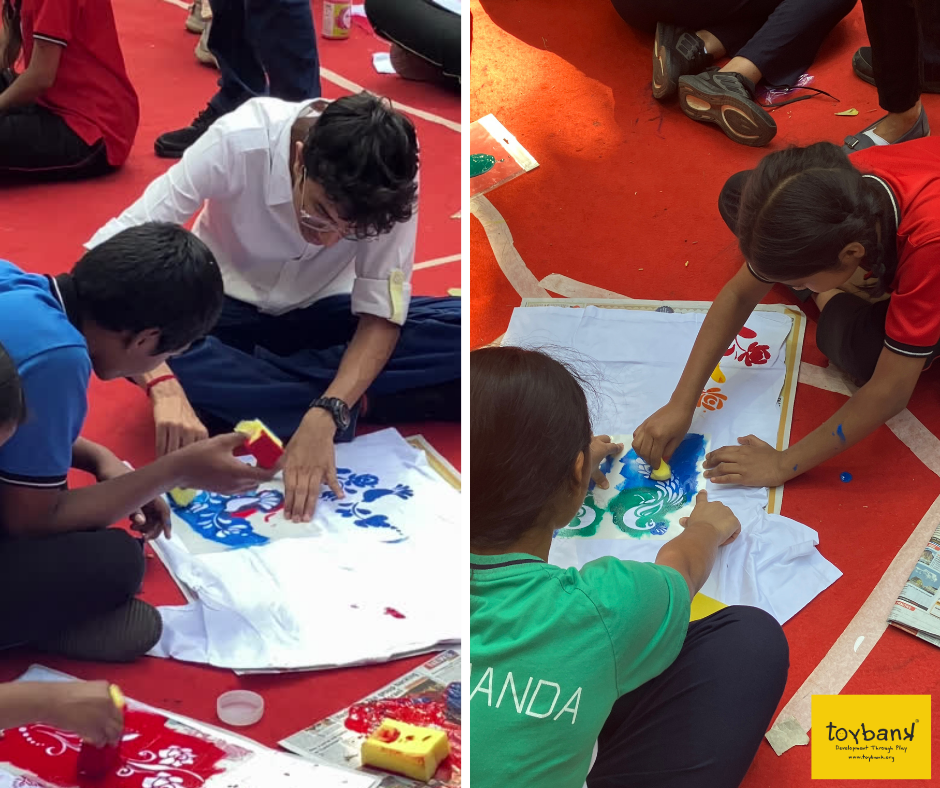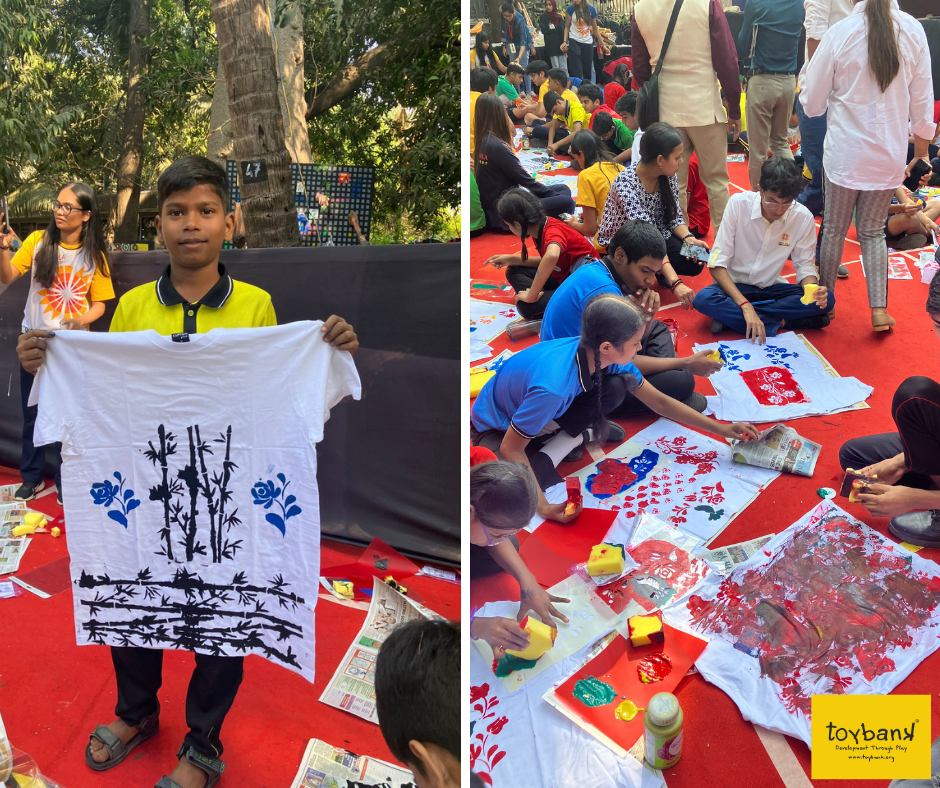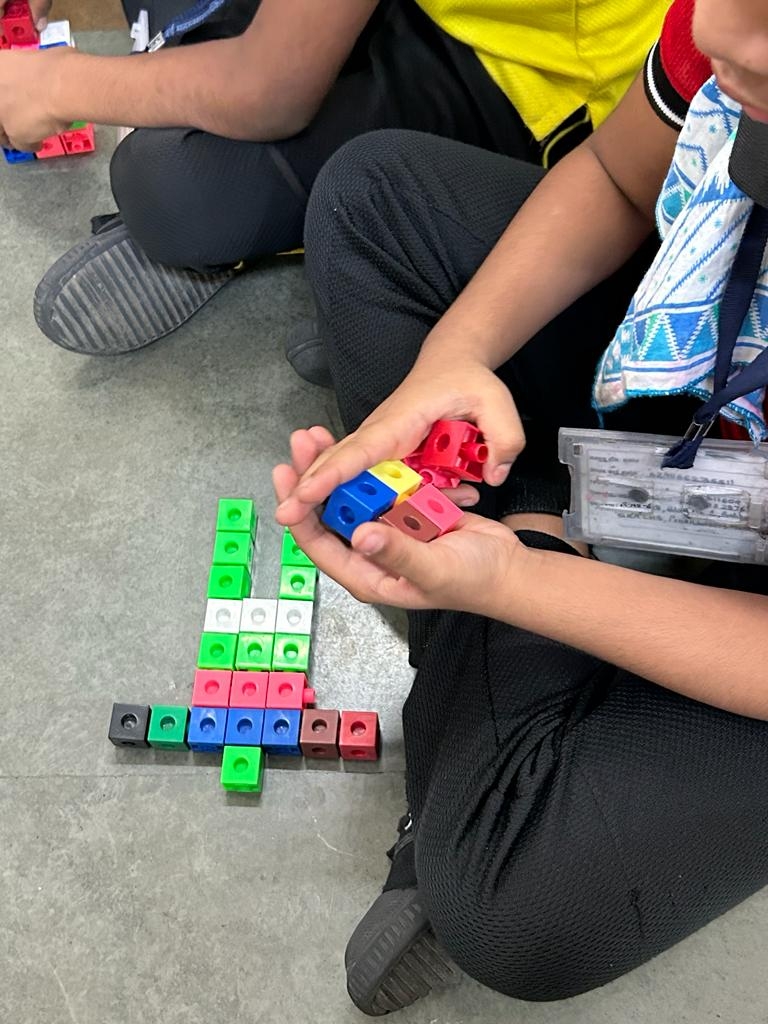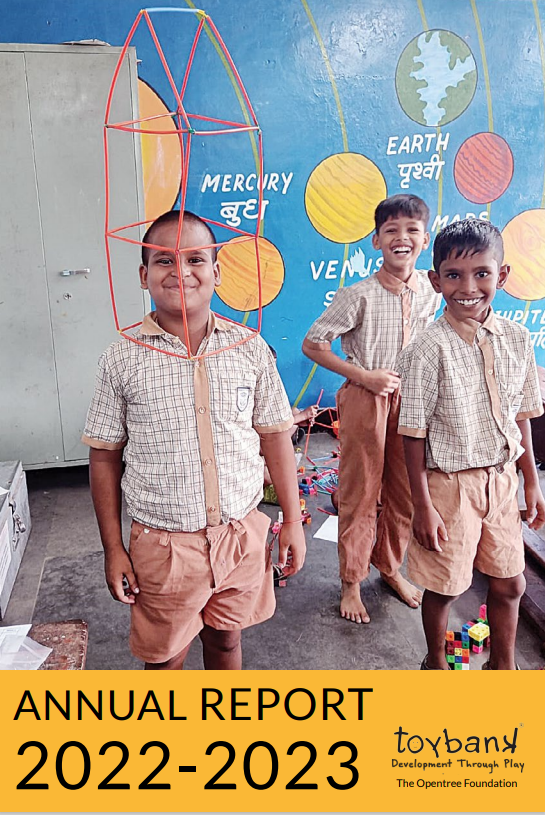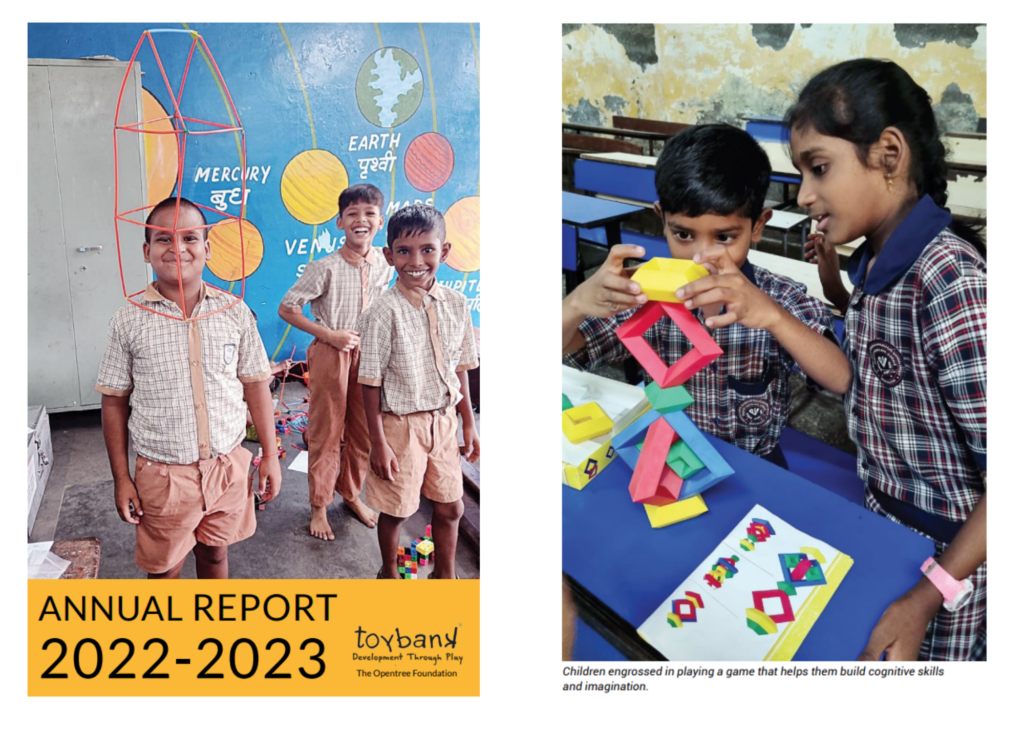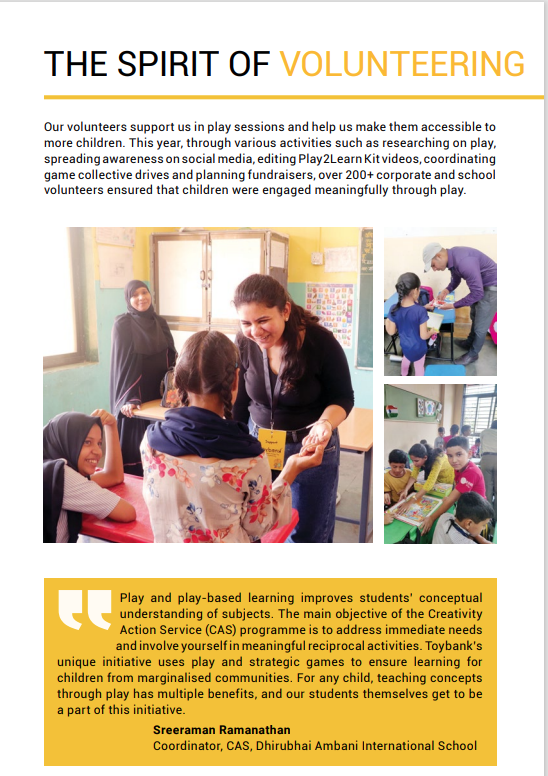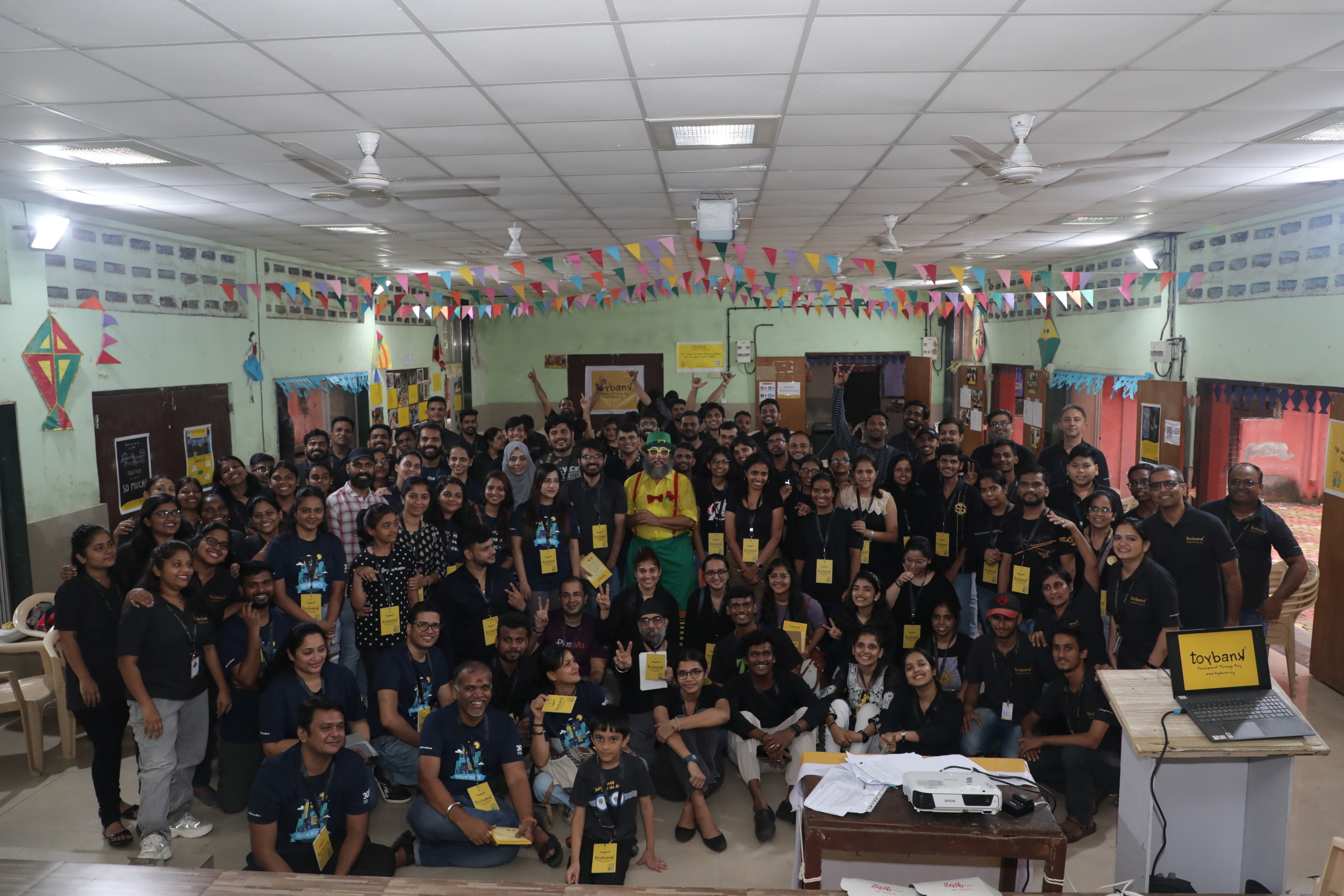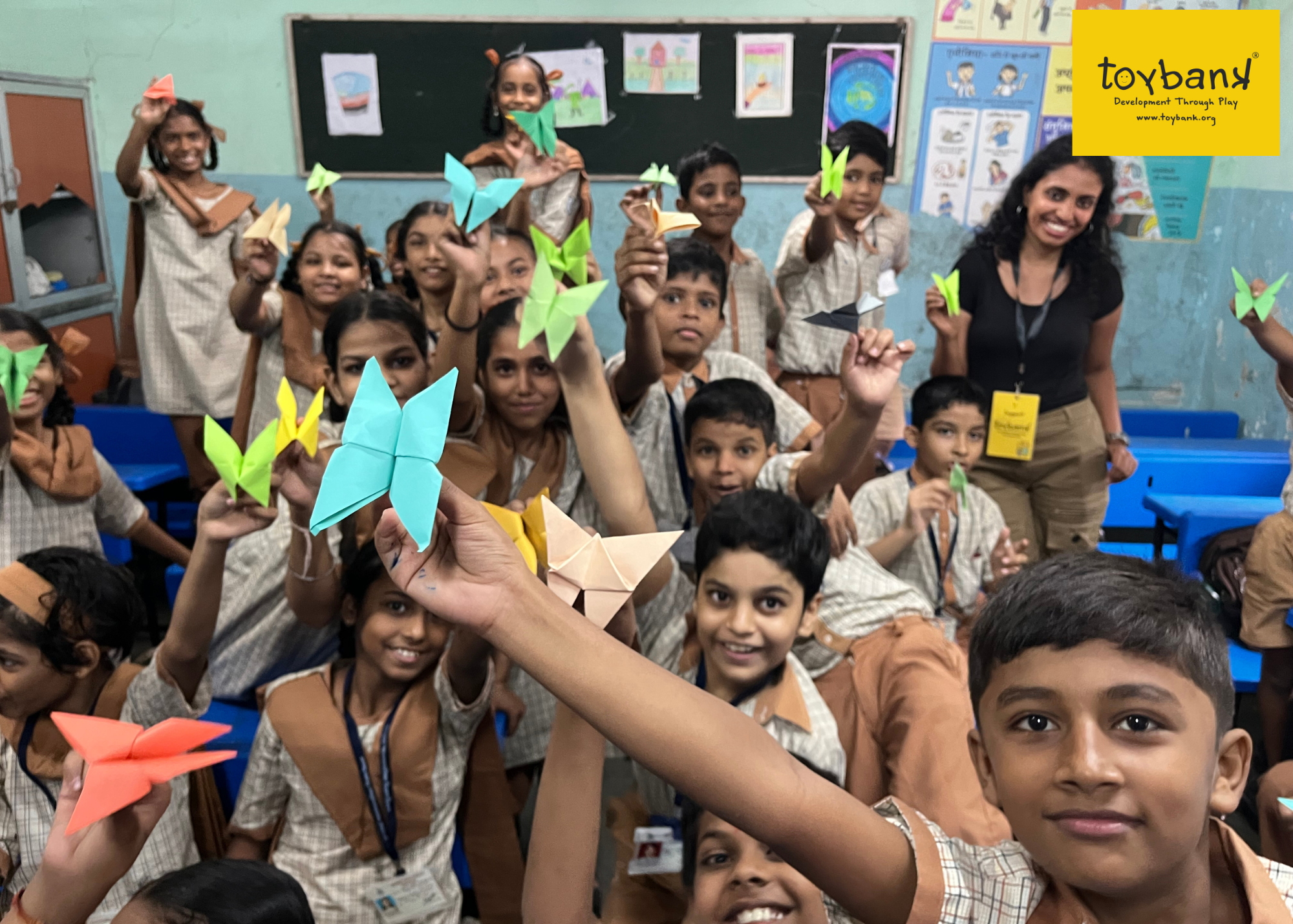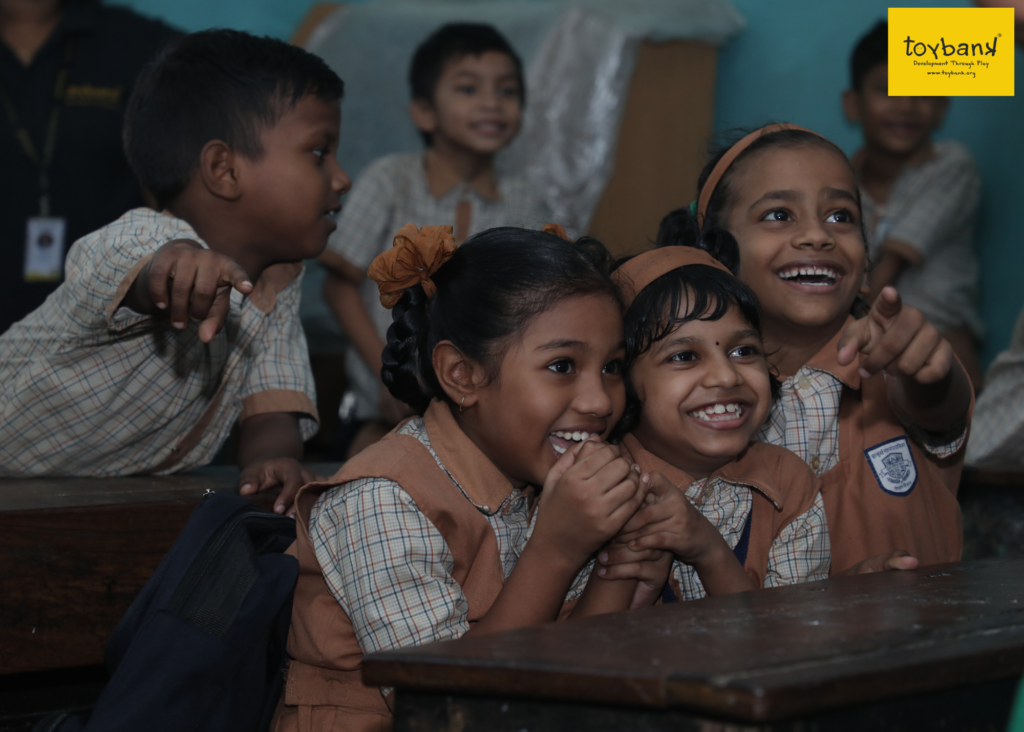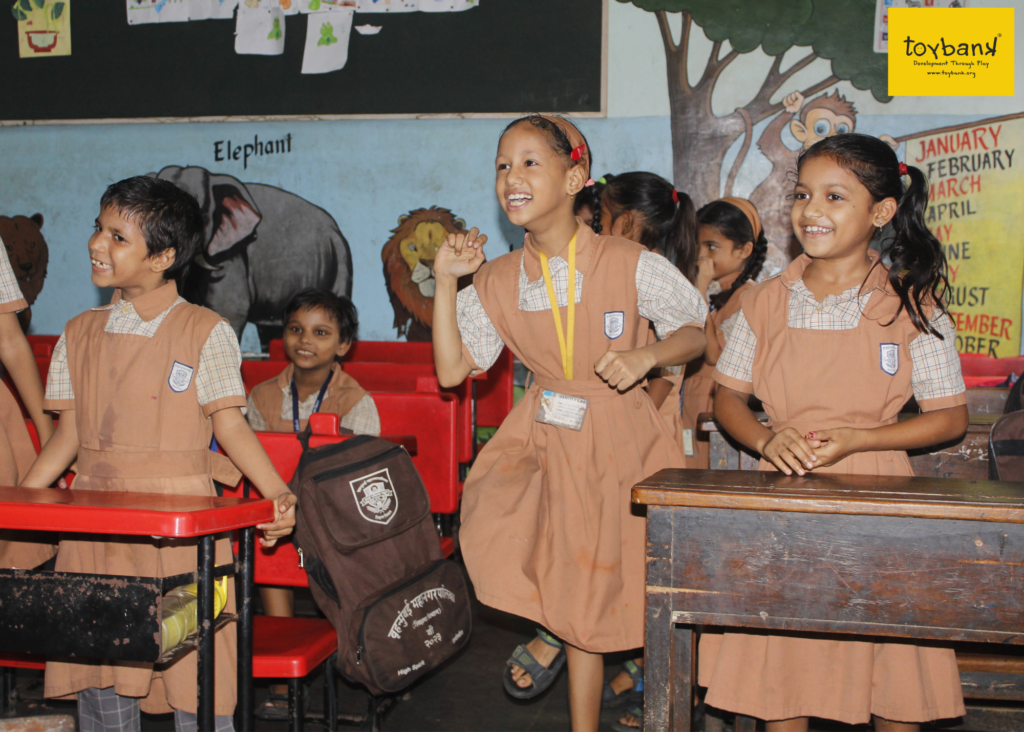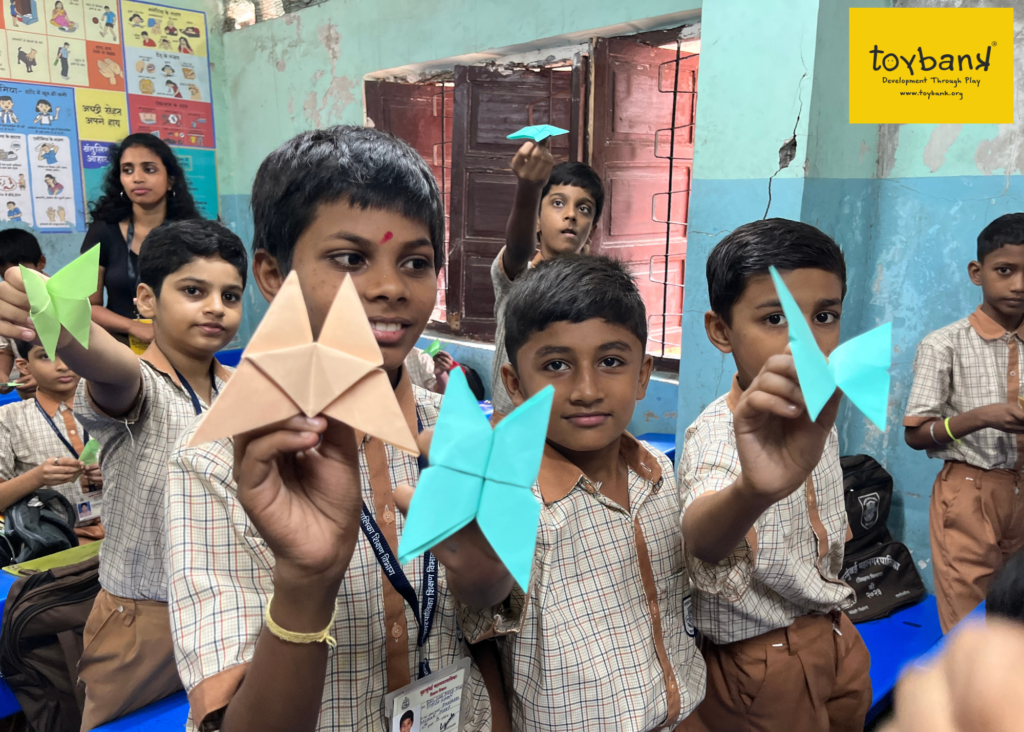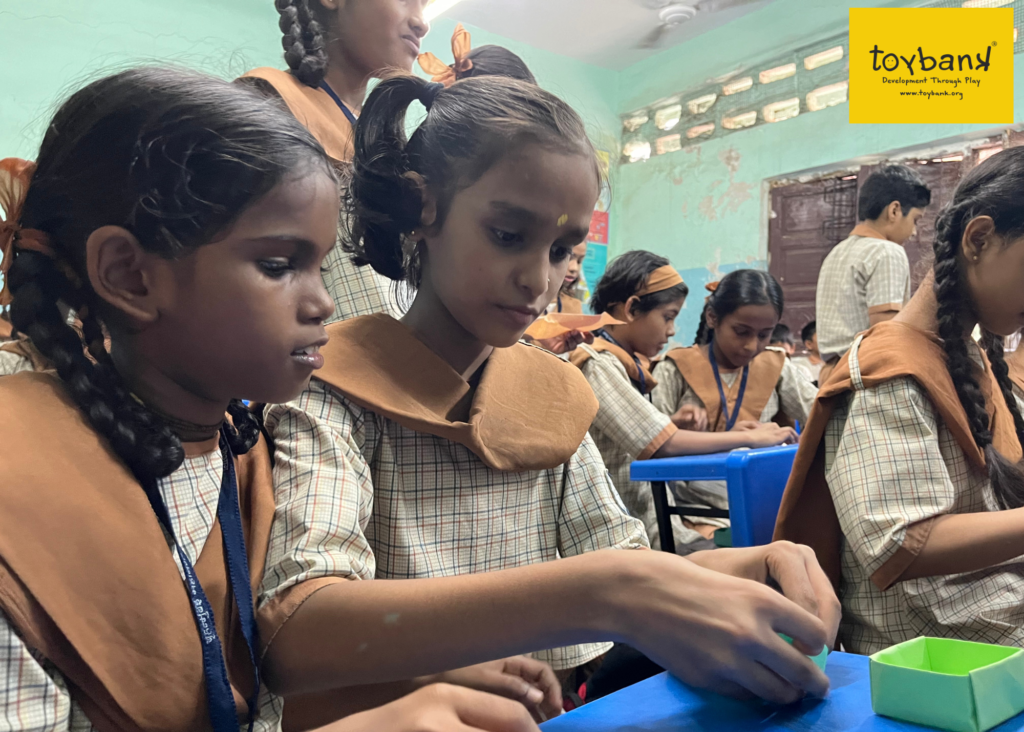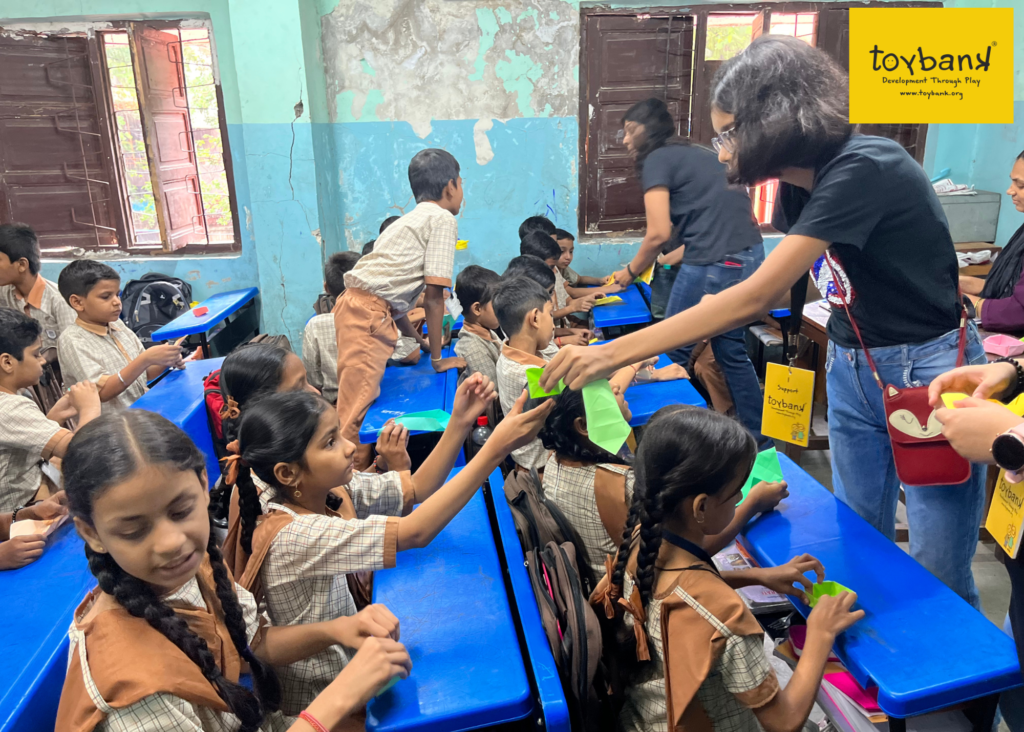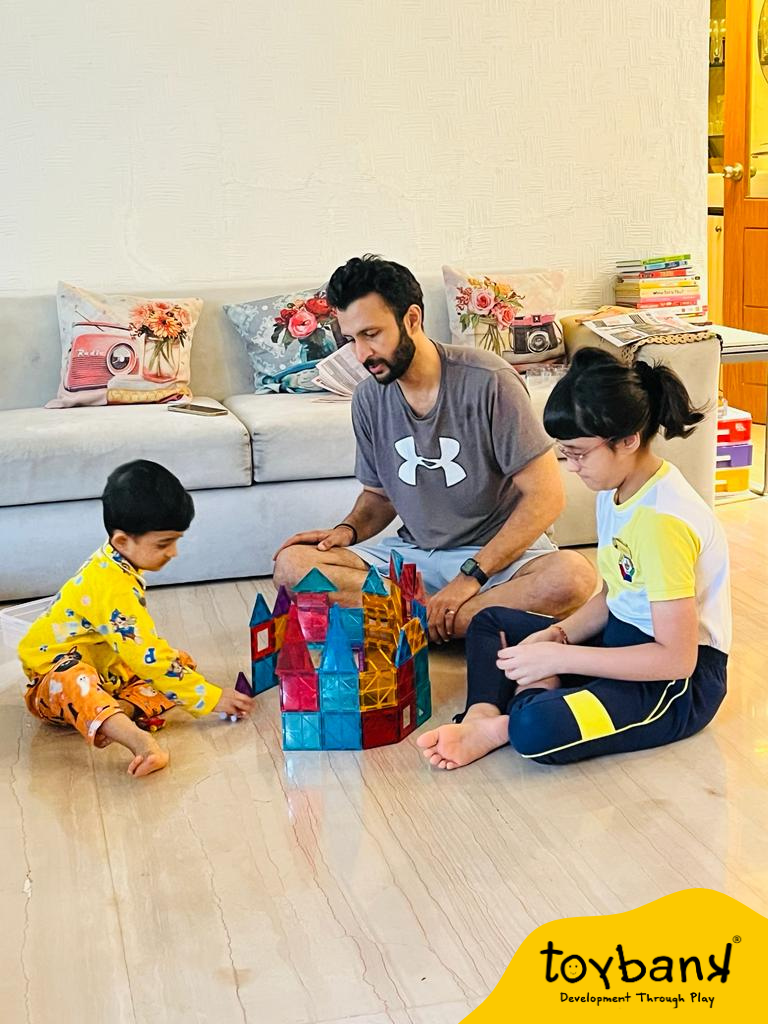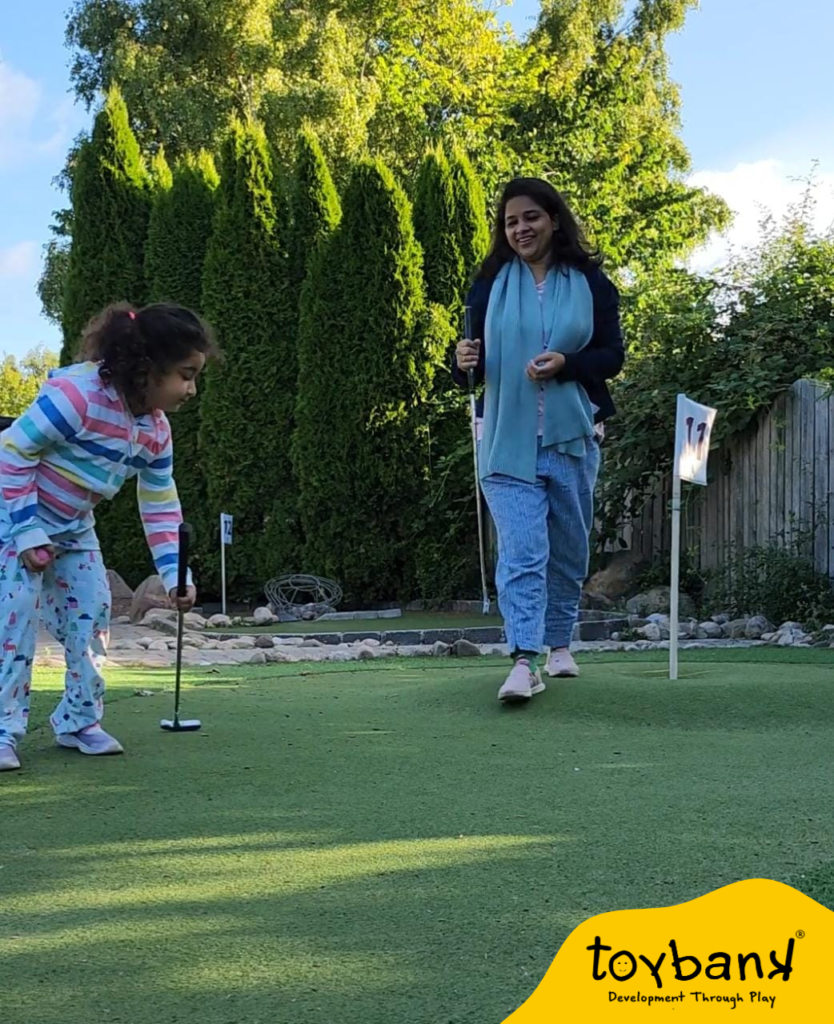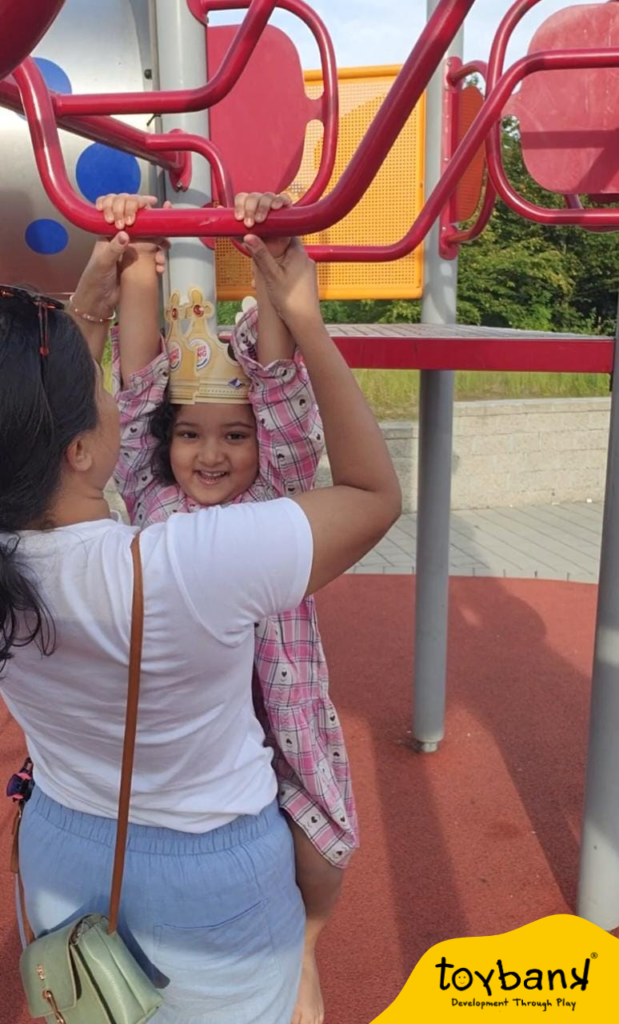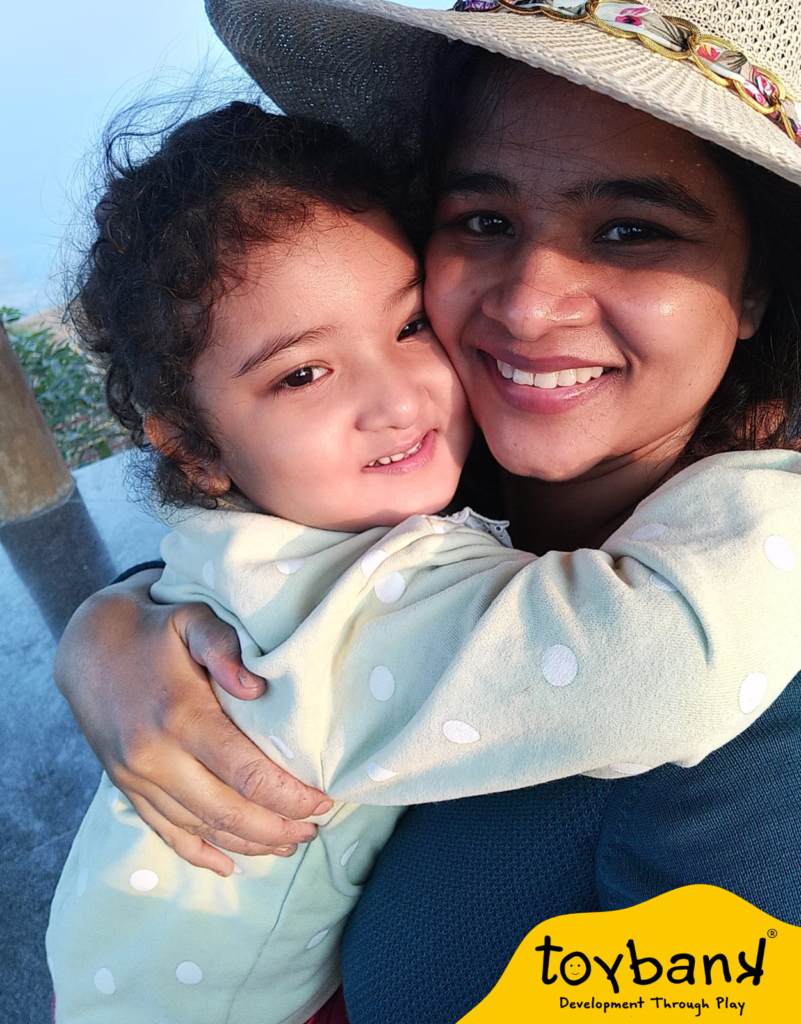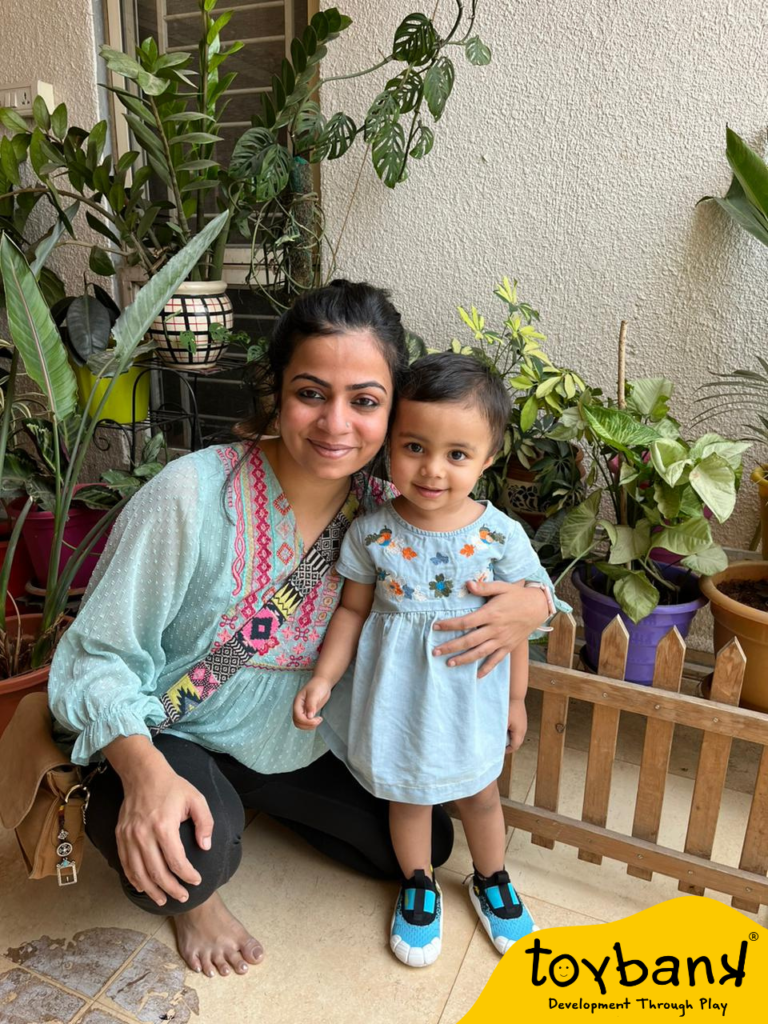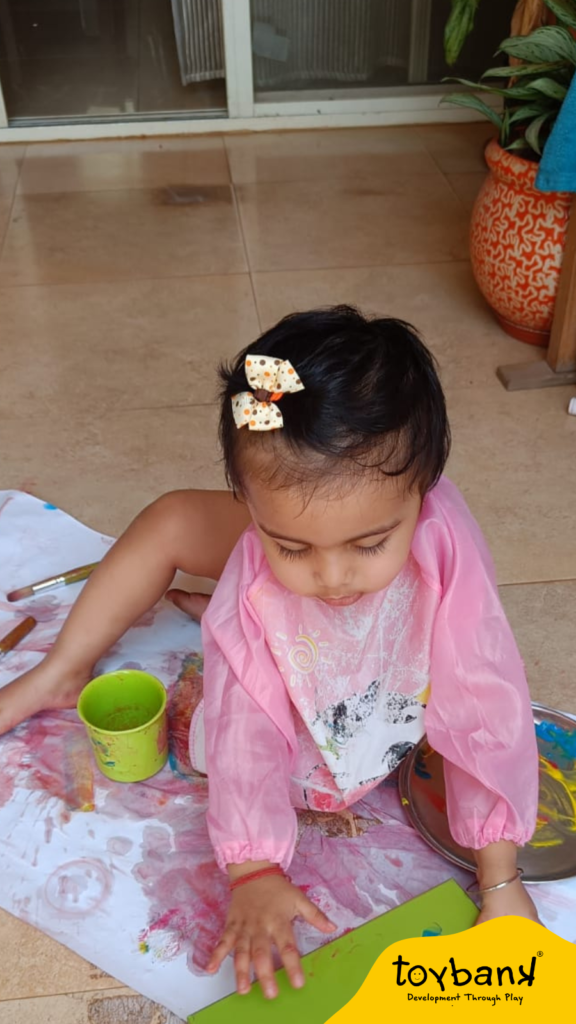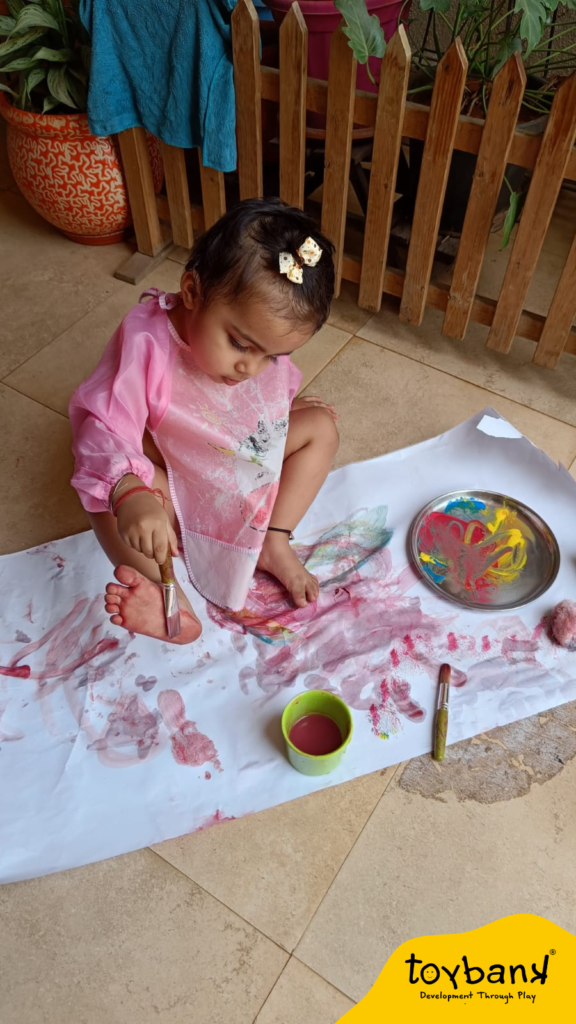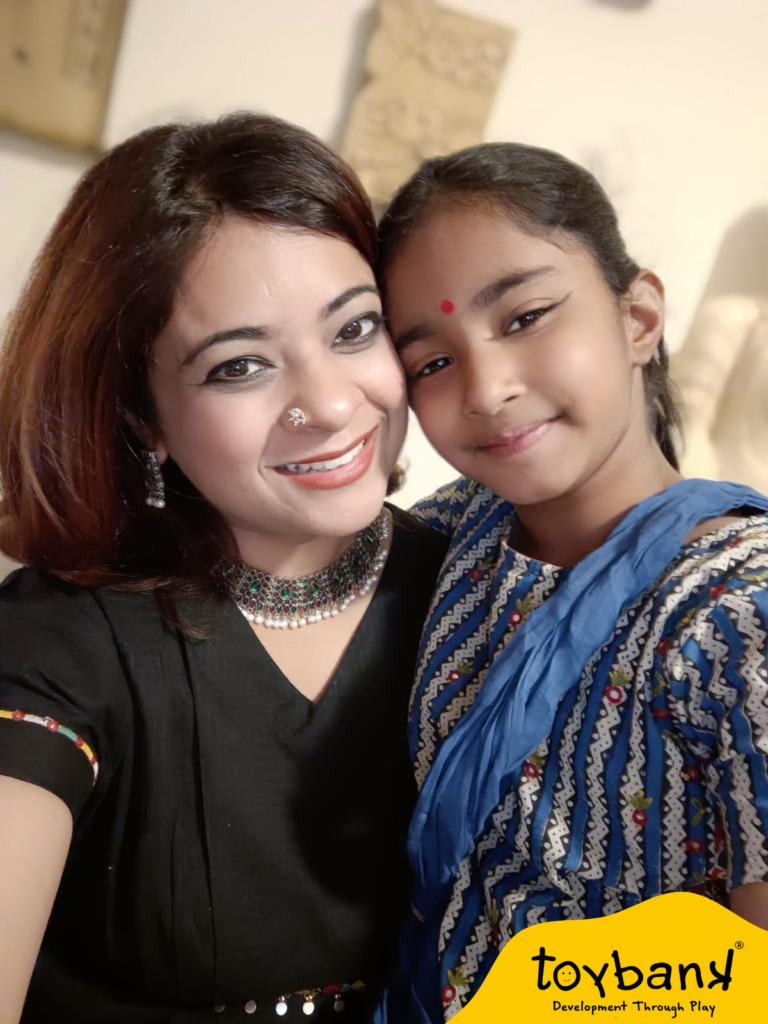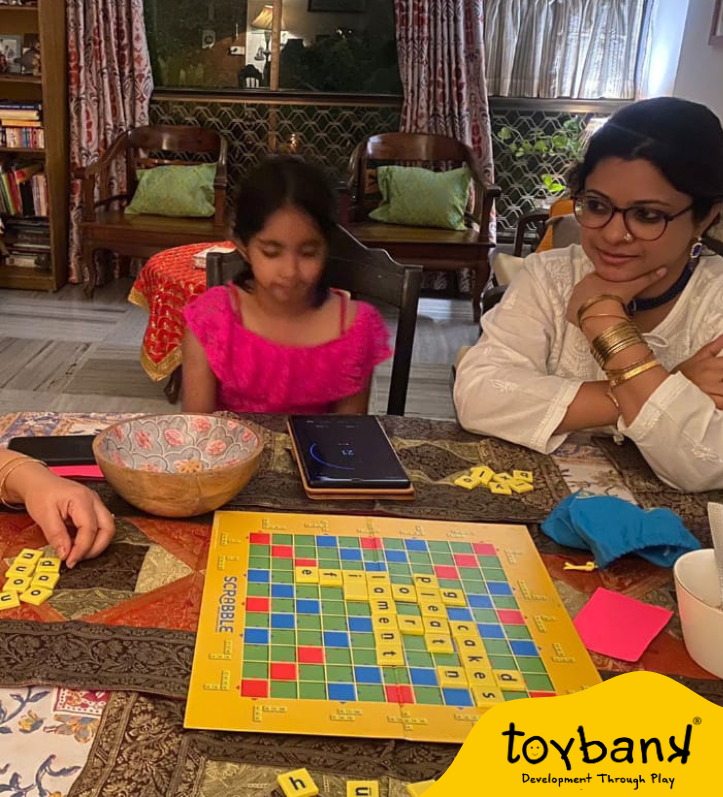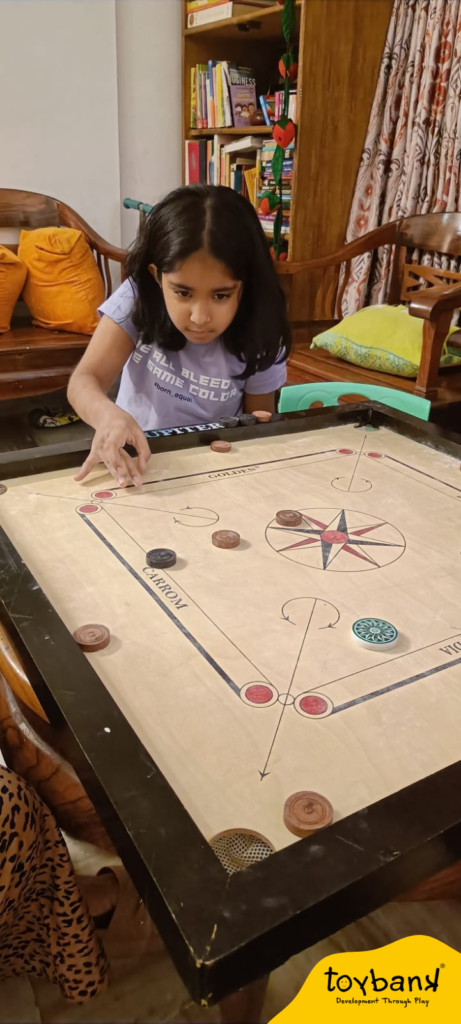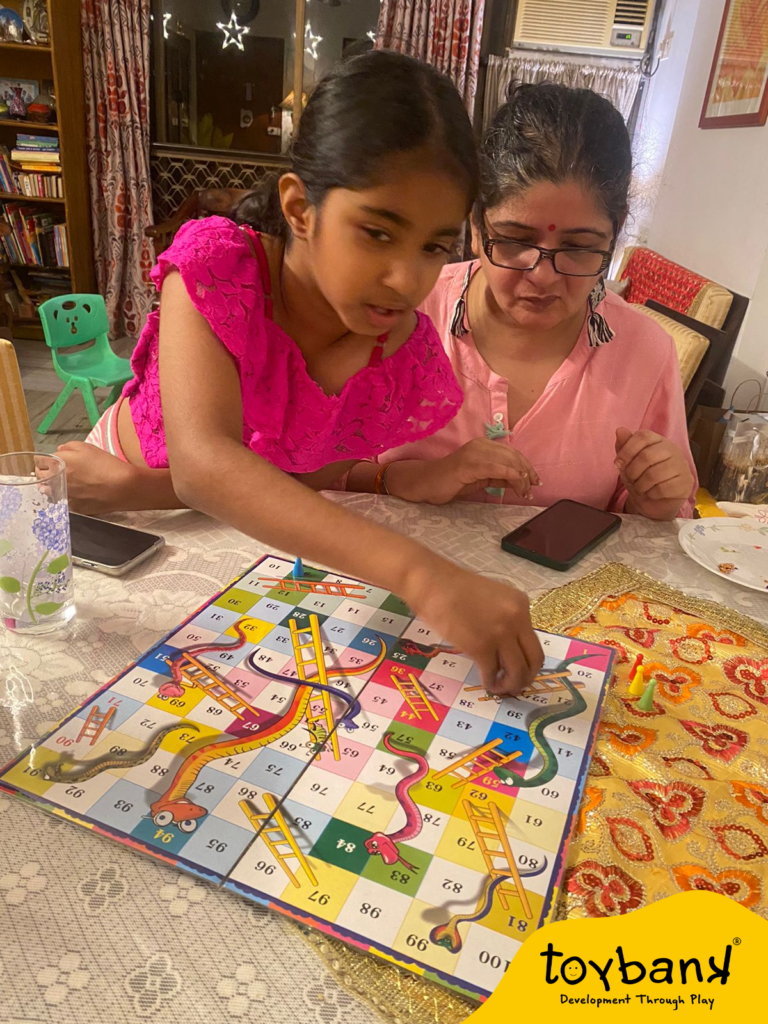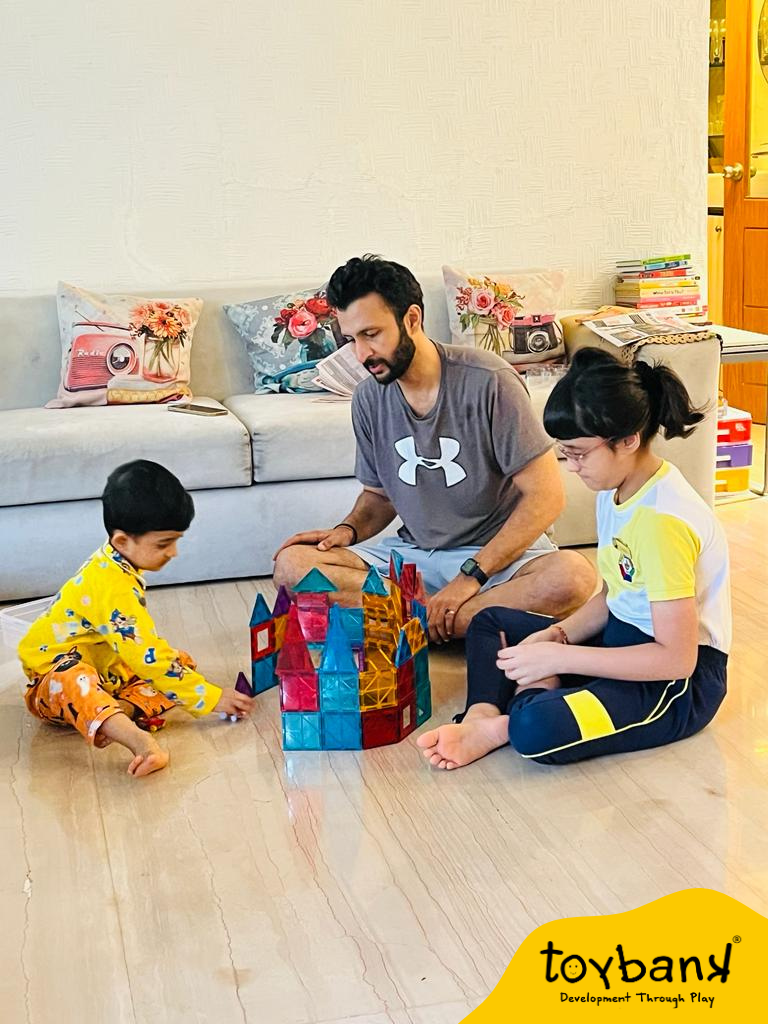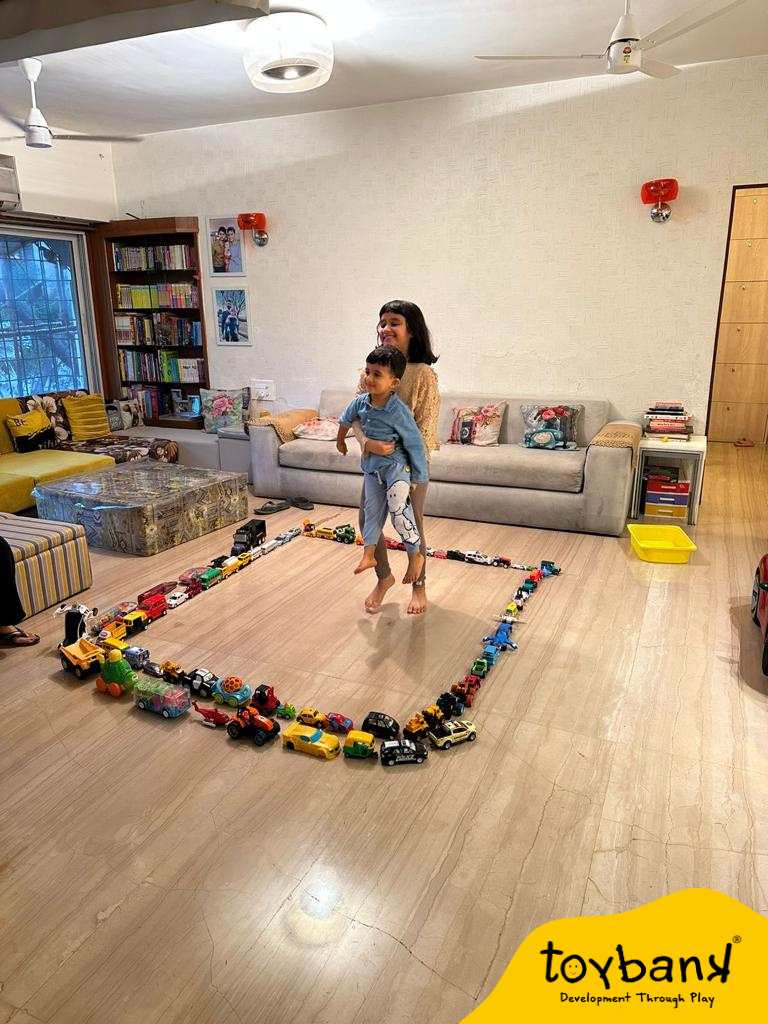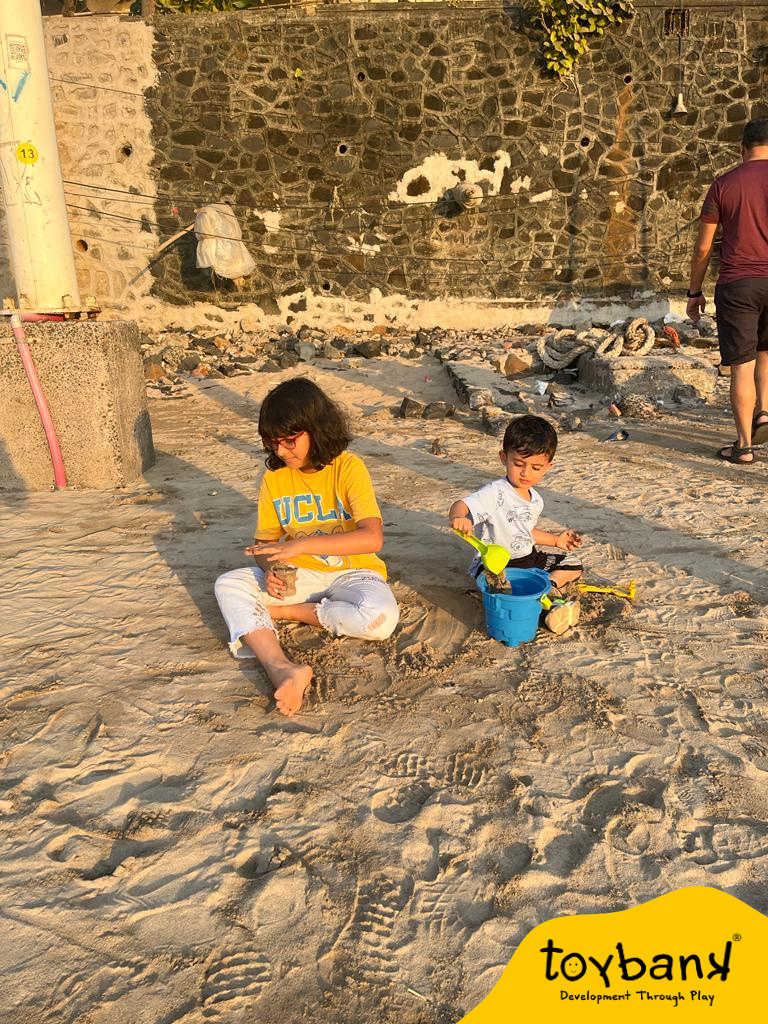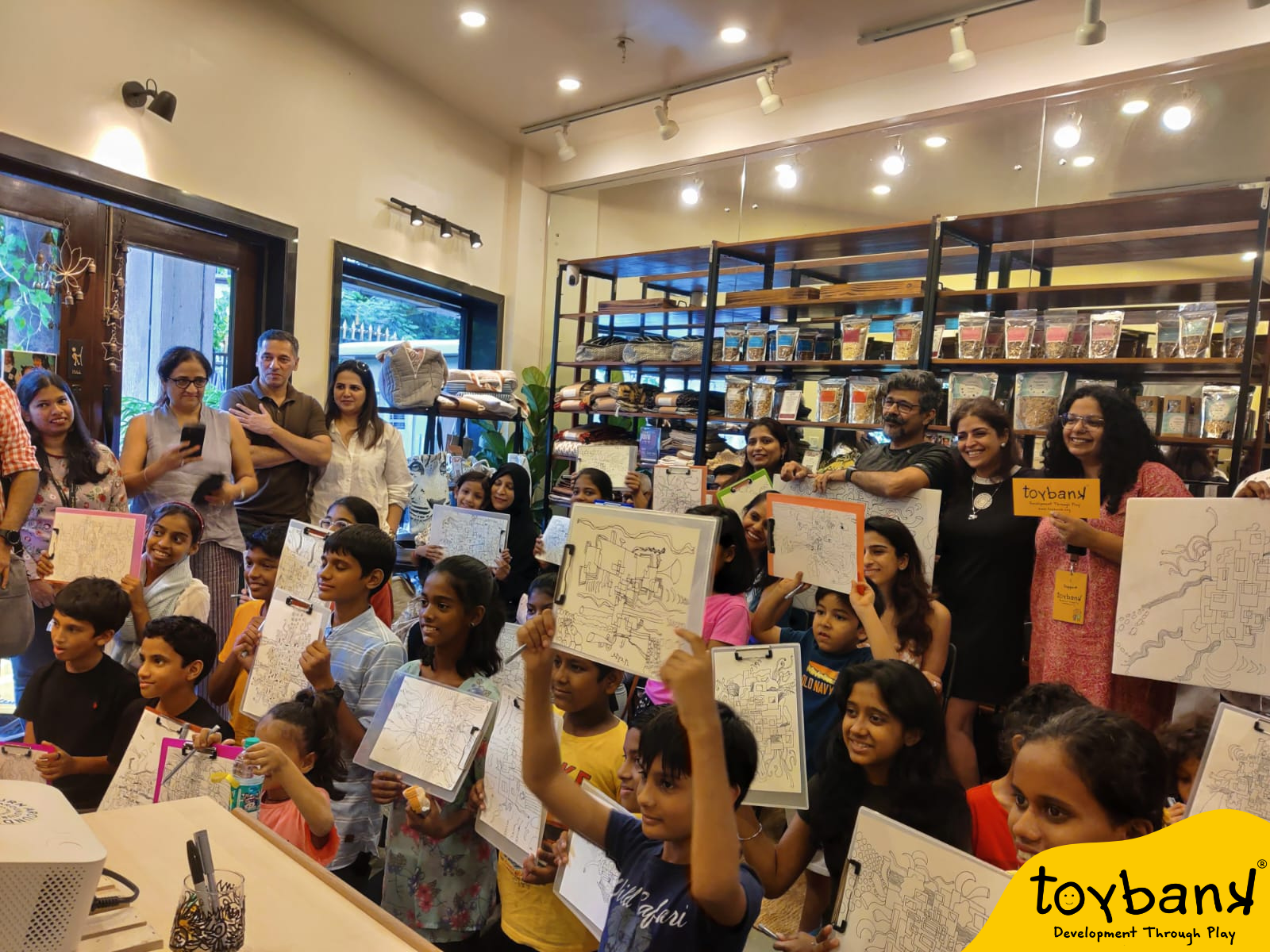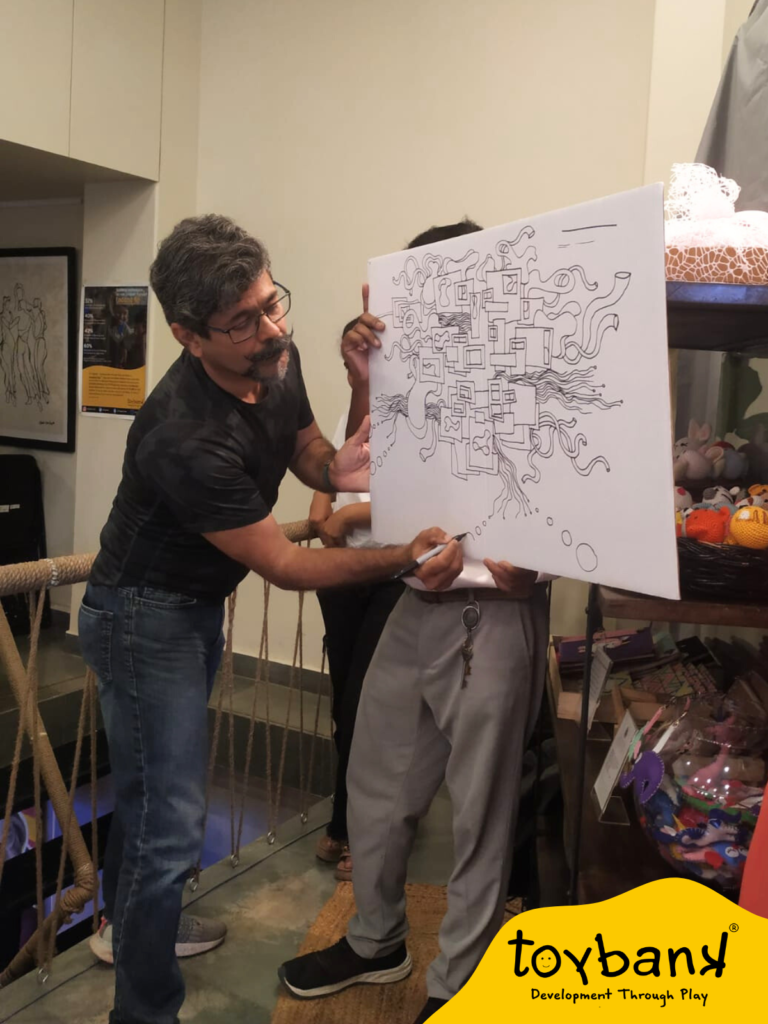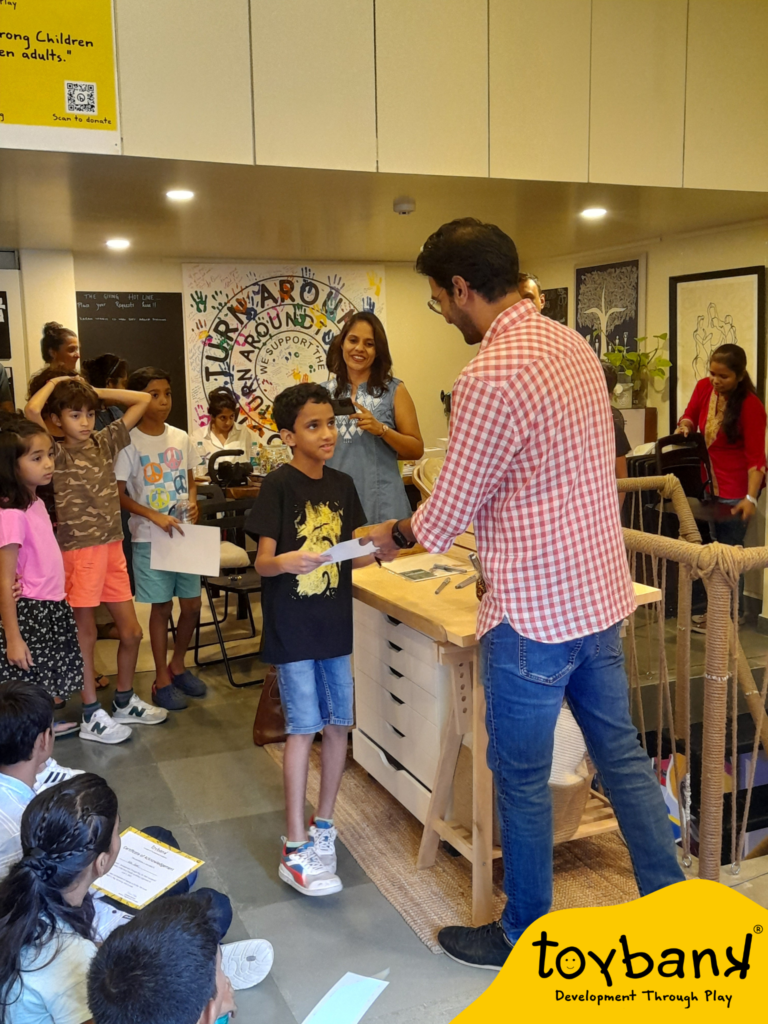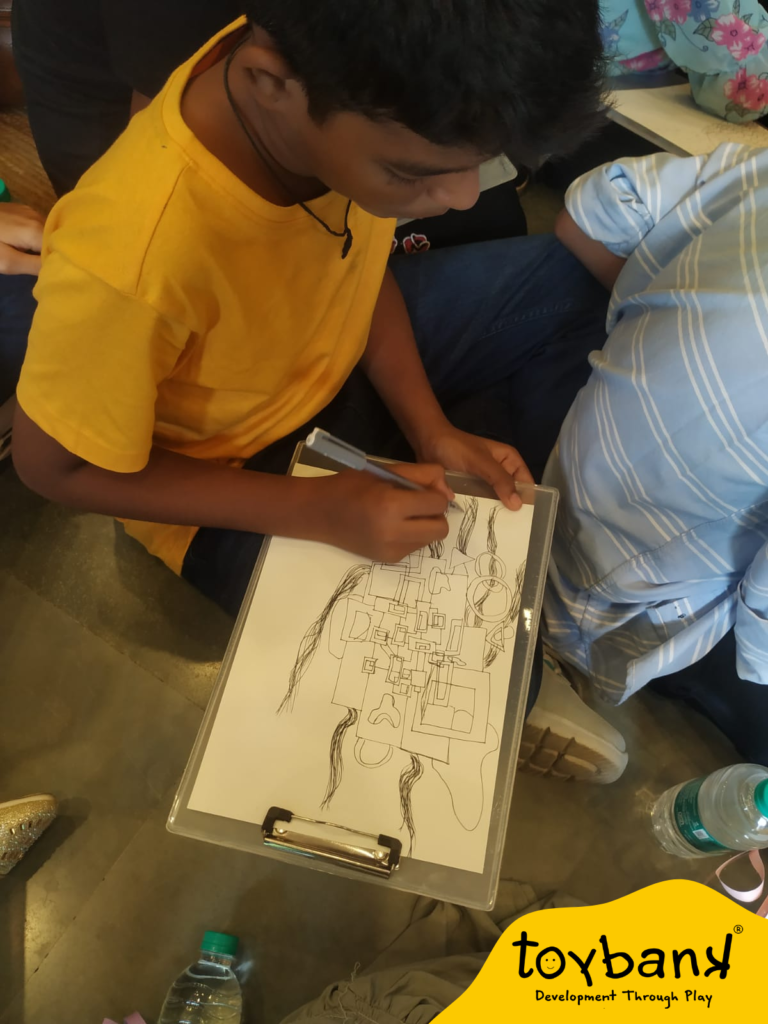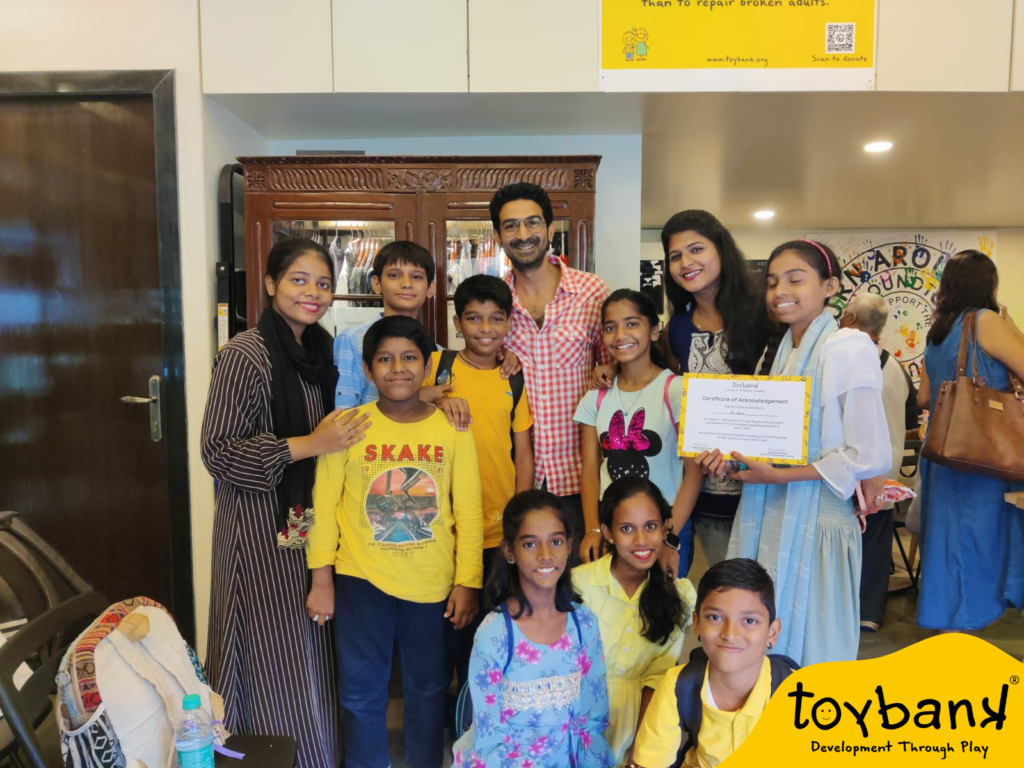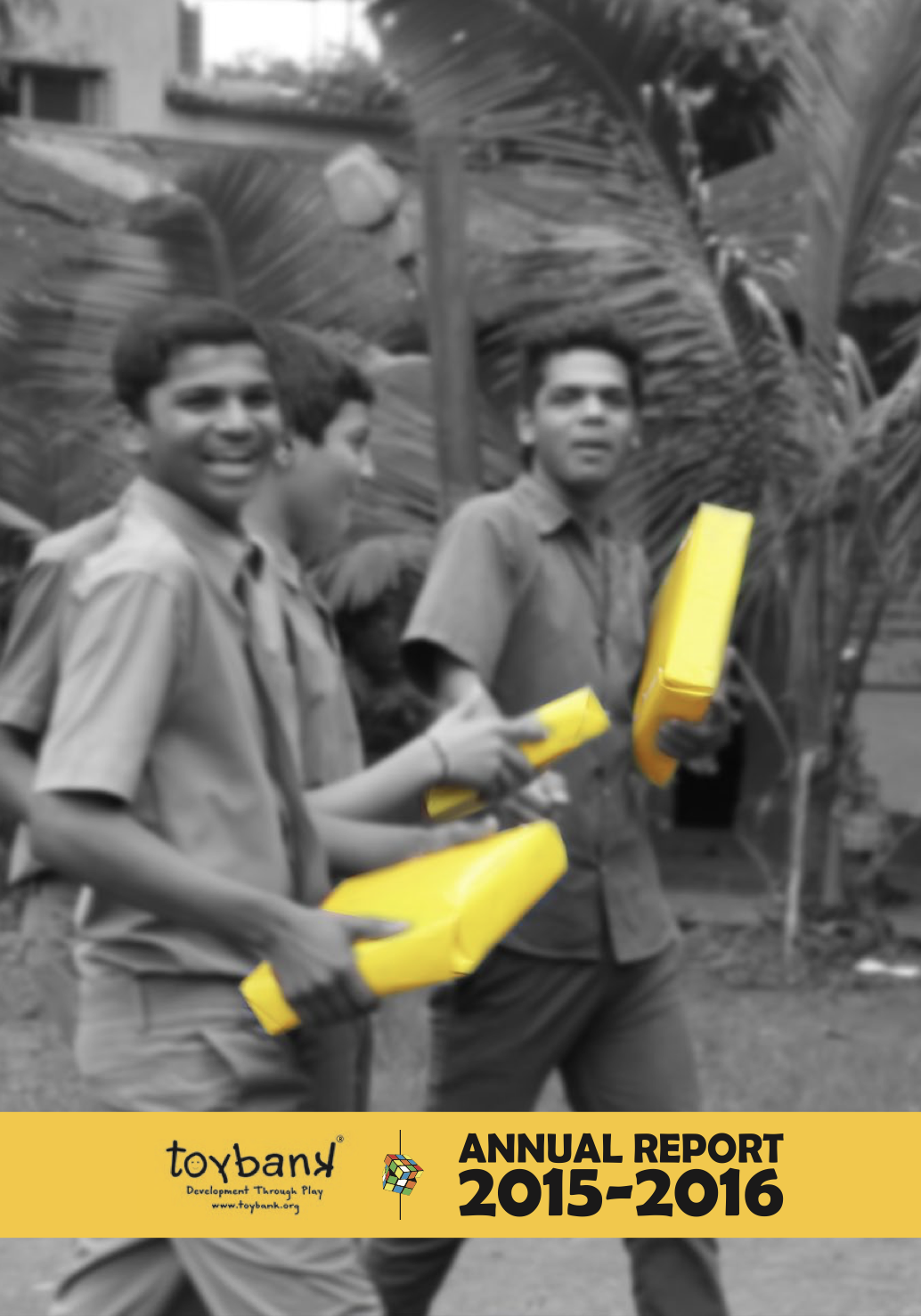Our volunteers help us spread the message of Power of Play, while having a playful time themselves. They support us in play sessions and help us make them accessible to more children. Through the years, this support has helped us take play to more children.
On World Volunteering Day, we asked a few of them about their experience so far and how being part of the cause has changed their perception of Play. Here’s what they had to say:
Play must not be a reward after studies, but part of daily education
Volunteering with Toybank has helped me reconnect with my childhood. It has inculcated in me qualities of patience, resilience and empathy and also helped me understand the importance of play. I now realise that play should not always be a reward after studies, but should be inculcated throughout the school day, as it is extremely educational. Volunteering can help us make a difference and put a smile on childrens’ faces, while playing with them and helping them learn simultaneously.
Kriya
Play is a crucial tool for fostering creativity
Through Toybank’s play sessions, I have realised the power of play in the lives of children, especially those from marginalised communities. I have witnessed firsthand the positive impact it has on their development and well-being. I always thought play was a simple, recreational activity, but I now understand that it is a crucial tool for fostering creativity, social skills and emotional growth in children. By volunteering with Toybank, we can all be part of children’s development.
Rhea
Every play session teaches you something new
Toybank’s Conscious Play™ approach is what drew me to the organisation. Volunteering has not only introduced me to the struggles faced by those from marginalised communities, but also the importance of Play in providing holistic development to a child’s mind. My perception of Play has gone past an object of entertainment – to me, Play can also be a way for people to learn, socialise and develop. Volunteering at Toybank is different, as one will always learn something new from every child and every play session.
Arav
Play helps children focus better
I used to think that play was a time outside studies, but volunteering with Toybank has changed my perception of it. I was not very confident of teaching and guiding children during play sessions really helped me. I have played multiple games with children, thus helping them build skills of collaboration, independence, thinking and reflection. Play is a time when children can forget about the rest of the world, and just focus on the puzzle they are solving or the board games they are playing.
Diva
Volunteering has helped me achieve personal growth
Volunteering at Toybank has been a transformative journey, rooted in the belief that every child has the Right to Play. The essence of why I volunteer here is to witness the profound impact of play in shaping young minds. Toybank, an NGO championing play, resonates with me deeply, as it not only advocates for the joy of play, but recognises its pivotal role in a child’s holistic development. My journey with Toybank has reinforced the urgency for more individuals to volunteer with them. Through volunteering, one not only contributes to creating a positive impact but also experiences personal growth. It’s an opportunity to witness firsthand the transformative potential of play in shaping the future generation.
Tishaa
Volunteering allows me to give and receive fun experiences
Encouraging children to learn concepts in a fun and engaging manner helps develop their future understanding, as they are more likely to retain the information they learn if they can associate it with positive experiences and learning opportunities. Volunteering with Toybank has allowed me to tailor learning to children’s interests, as I haven’t necessarily played in a very long time. It provides me with the opportunity to both give and receive fun experiences in conjunction with the children.
Amit
Volunteering taught me the ability to interact, teach
Toybank’s idea is unique and what drew me to them is its interactive nature of the idea about playing games with young children and the ability to shape their minds. Volunteering has taught me the ability to interact and teach, while being caring and helpful. Play has subsequently changed my outlook on the way games can be used to increase the ability of learning in children. It has strengthened the idea that people should volunteer here so they, too, can get a perspective on the way play and games can be integrated into a child’s learning process
Dev
Play is a powerful tool for education and emotional well-being
Spending time with children during play sessions allows me to make a meaningful impact in the lives of children from vulnerable communities. By attending play sessions, I have learned that play is not just a form of entertainment; it’s a crucial part of a child’s development. It has taught me the importance of providing these children with opportunities to learn, grow, and simply enjoy their childhood. Volunteering with Toybank has changed my perception of play by showing me how it serves as a powerful tool for education and emotional well-being. It’s not just about having fun; it’s about fostering creativity, social skills, and resilience in these kids who may face various challenges in their lives.
Krisha

